GCSE Mind Maps
Your GCSE exams are the first step on your journey to a successful academic qualification. Students taking these exams can use online Mind Maps to improve their revision. These visual resources will help you enhance your learning experience by making connections between ideas to improve your understanding of a topic or subject.
Research shows that creating study aids, rather than simply consuming material that is already provided leads to greater recall. This is why it is a good idea to start creating your own mind maps to ensure you fully know what you are learning.
Improve your GCSE results by using our free online Mind Map tool. Find out more about optimising your revision using mind mapping below.
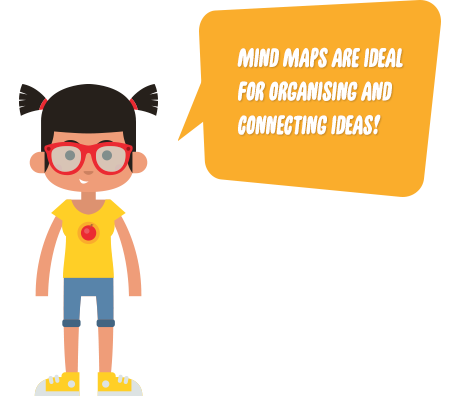
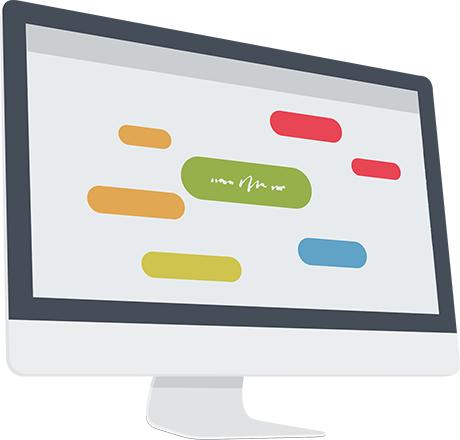
Benefits of Using Online Mind Maps
Mind Maps are particularly helpful for students revising for their GCSE exams as they give you a broad, visual overview of each subject.
These study aids are widely recognised as an effective method to improve memory and understanding through the visual representation of information. Mind Mapping is also a perfect planning tool as you can build an outline of the topics for each subject.
Online Mind Maps can help GCSE students:
- Connect ideas from GCSE materials
- Share and Collaborate with classmates
- Get an in-depth overview of all GCSE topics
- Create and Study content on-the-go
How to Use Mind Maps for GCSE
Mind Maps are one of the most popular study aids as they can provide a different perspective to your notes. There are lots of possibilities that you probably haven’t even thought of which will help you use Mind Maps to revise for your GCSEs.
Take a look at this example GCSE English Literature Mind Map:
Below you can discover how you can enhance your learning experience by integrating Mind Maps into your study routine.
From outlining your curriculum in a visual way to creating sample exam answers, you will find some ideas that can make studying easier for you on this page. Keep reading to improve your GCSE revision.
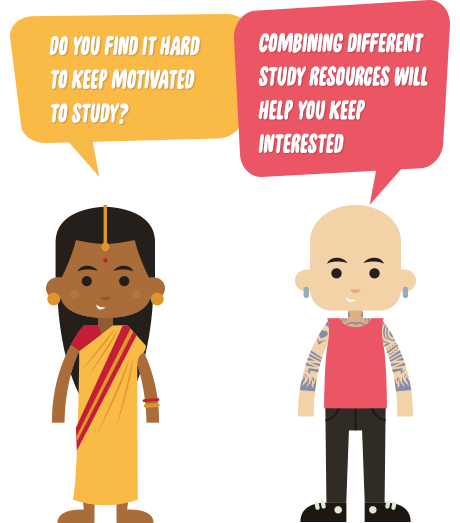
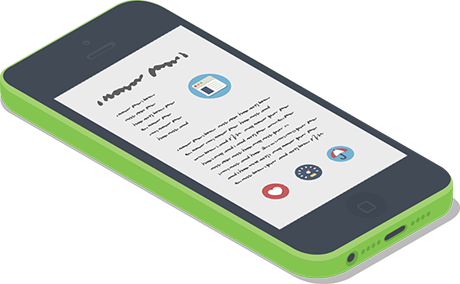
Map Out the GCSE Curriculum
When you begin studying for your GCSE using Mind Maps, a good starting point is to take the time to map out your curriculum. Do this for every GCSE subject, class, and exam. Put the title of each subject/class in the central node and then add in the sections that you are going to cover during the term.
Having this plan in place from the beginning of term is the first step in organising your GCSE study properly. This plan will make the next steps in your revision easier to follow and focus on.
You can ‘track’ your progress on GoConqr, marking the material you have already covered so that you are clear on what you have left to do.
Join GoConqr Now, It’s Free!Develop GCSE Concepts
Once you have a curriculum overview in place, you need to delve deeper into individual topics which are featured in it’s nodes. To do this, take a topic from your overview and focus on this area by starting a new Mind Map by building out the theory.
When you do this for all sections of your subject curriculum, you will have a comprehensive set of study notes you can refer to at any time. This will also allow you to understand your curriculum in much greater detail.
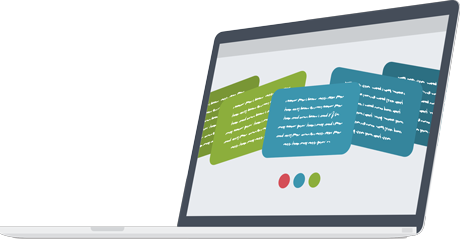
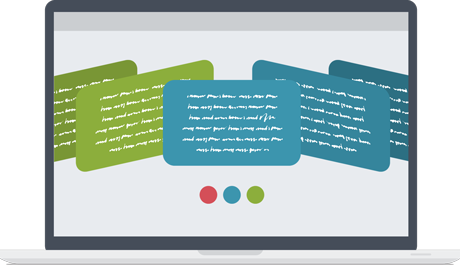
Create Sample Answers
One of the best ways to prepare for an exam is to create some sample answers. When it comes to sample essay answers, you can get great practice by using Mind Maps.
Replicate the same structure of an English essay in a Mind Map. Each node can be a paragraph and each strand can outline one full idea in detail. Planning in this way will lead to better work.
Join GoConqr to Use Mind Maps HereSharing With Your Classmates
If you split up your subjects with your classmates you can cover the GCSE course much quicker. Once you have all your areas covered, share them among one another. This will save a large amount of time while also allowing you to spend much more time on specific areas in detail.
GoConqr has the ideal tool to help you collaborate on your Mind Maps. You can create private Groups where you can discuss topics and share your Mind Maps and other study resources. Read our GCSE revision tips page for more advice.
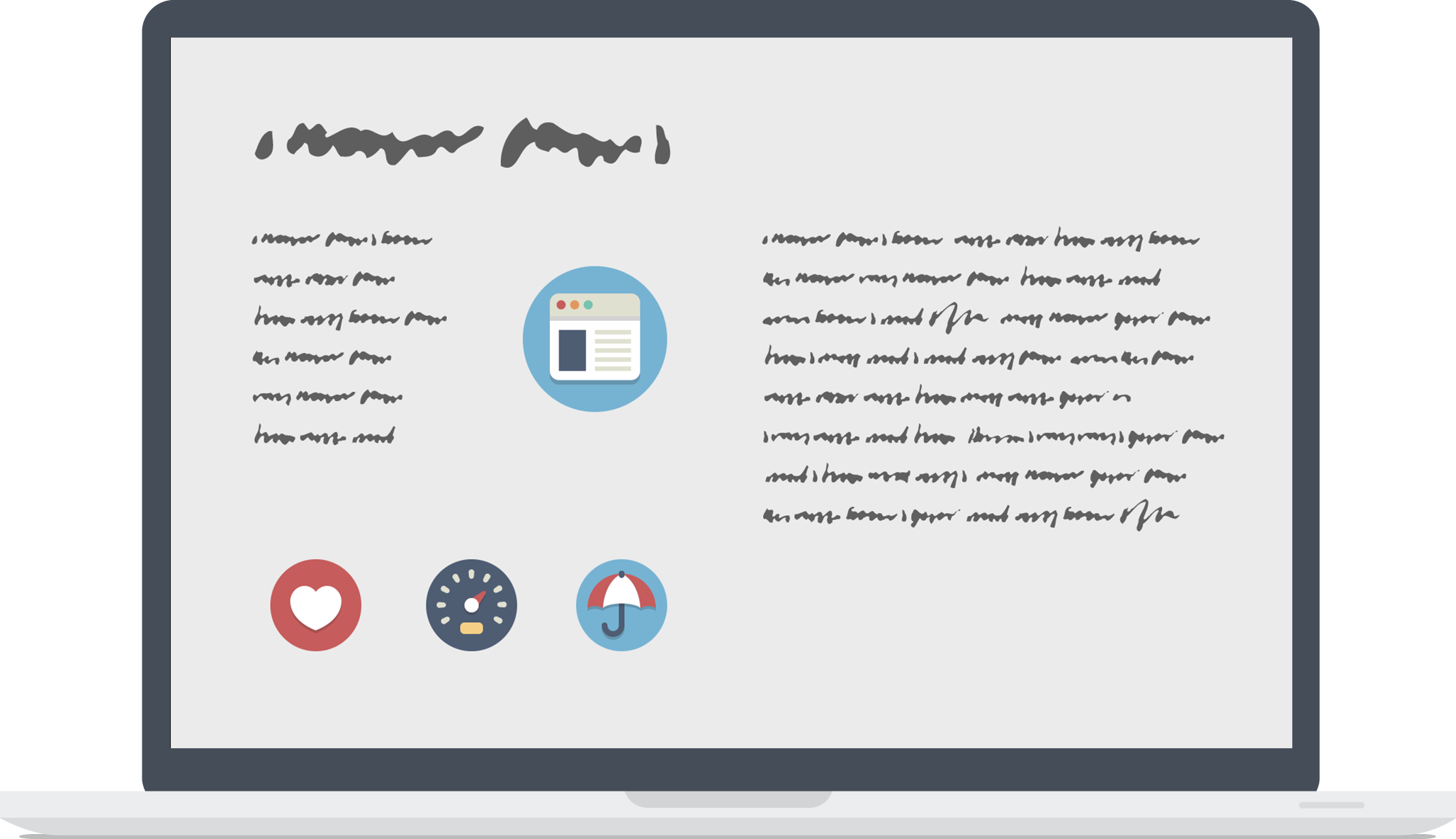
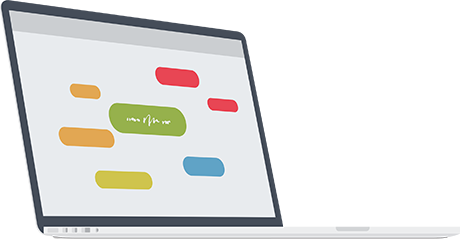
Use Trigger Words
As your exam date comes closer, trigger words are really going to help you. Trigger words are words that you associate with a whole are of related ideas. Triggers words are great as they mimic how your brain would react in an exam.
Mind Maps are one of the best tools to produce this trigger effect. By utilising these GCSE Mind Mapping tips above, you are giving yourself the best chance to achieve a high grade in your GCSE exams.
Create an GoConqr Account NowGCSE English Language
GCSE English Language Overview
English Language Reading Comprehension
GCSE English Literature
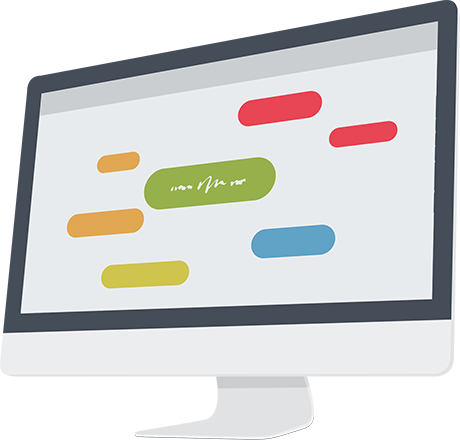

GCSE Maths
GCSE Science
 Previous:
GCSE Slides
Previous:
GCSE Slides 


